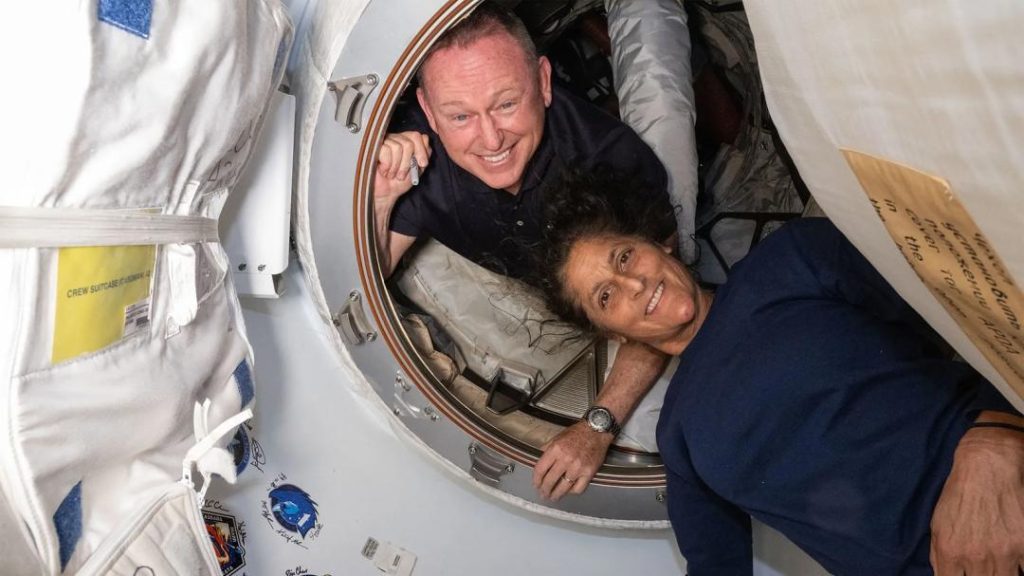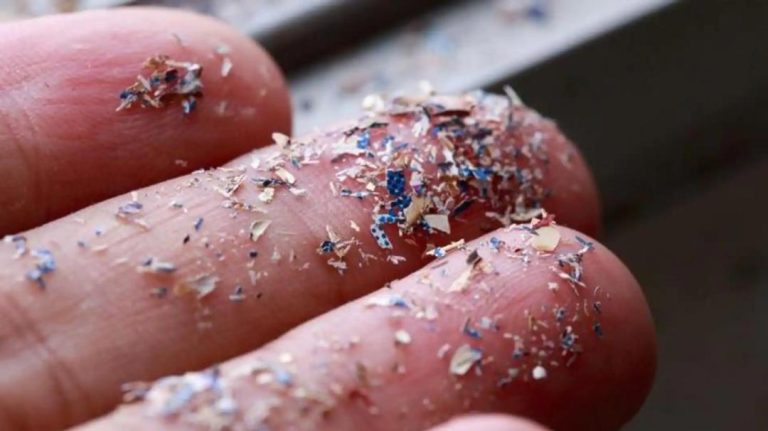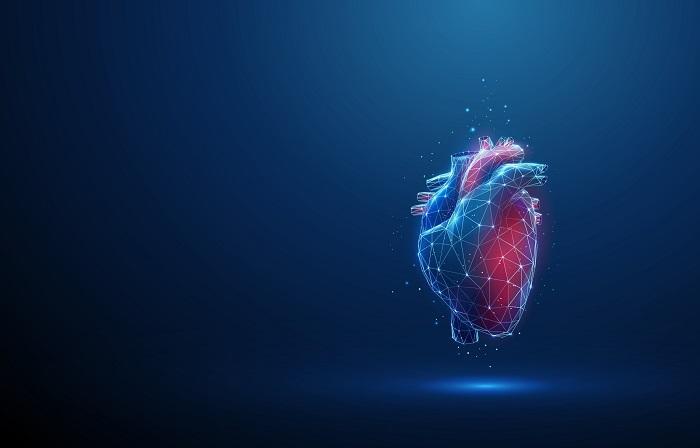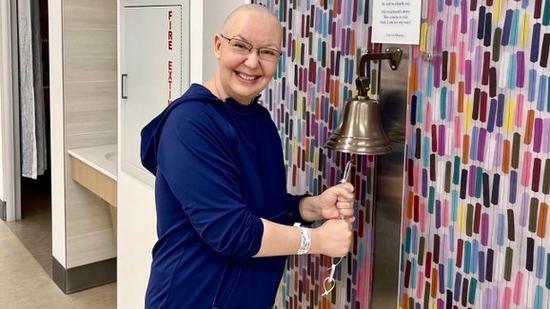
What Challenges Will Sunita Williams and Butch Wilmore Face After Returning to Earth?
Astronauts Sunita Williams and Butch Wilmore will soon return to Earth after their stint in space. As they prepare to come back to their home planet, they may face some unexpected challenges that are a result of their time in space. According to recent reports, after their return, they may experience trouble walking, develop “baby feet”, and deal with a host of other issues.
One of the most significant challenges they will face is the loss of bone density. Prolonged exposure to microgravity can cause the body to lose bone mass, which can lead to osteopenia, a condition characterized by low bone density. This loss of bone density can make them more prone to fractures and osteoporosis.
Astronauts who have spent extended periods in space have reported experiencing joint pain, stiffness, and even difficulty walking after their return to Earth. This is because their bones have adapted to the microgravity environment, where there is less stress and strain on the skeletal system. When they return to Earth, their bones need to readjust to the gravitational forces, which can be painful and uncomfortable.
Another challenge they will face is the development of “baby feet”. In space, the lack of gravity causes fluid to shift to the feet, leading to swelling and changes in the shape of the feet. This can result in the development of “baby feet”, where the feet become soft and puffy. This condition can be painful and take several weeks to resolve.
In addition to bone density loss and “baby feet”, astronauts who have spent time in space may also experience a range of other symptoms. These can include dizziness, nausea, and even fainting. This is because their bodies have adapted to the microgravity environment, which can affect their balance and vestibular system.
The loss of blood volume is another challenge that astronauts face after returning to Earth. Prolonged exposure to microgravity can cause the body to lose blood volume, which can lead to a range of symptoms including dizziness, lightheadedness, and even fainting. This is because the body has adapted to the microgravity environment, where there is less blood pressure and circulation.
Astronauts like Sunita Williams and Butch Wilmore will also face the challenge of readjusting to life on Earth. They will need to adapt to the gravitational forces, which can be difficult and uncomfortable. They will also need to readjust to the normal activities of daily life, which can be challenging after spending extended periods in space.
To mitigate these challenges, astronauts undergo rigorous training before their missions. They also receive specialized care and treatment after their return to Earth. This includes physical therapy to help them readjust to the gravitational forces, as well as medication to manage symptoms such as dizziness and nausea.
In conclusion, astronauts like Sunita Williams and Butch Wilmore will face a range of challenges after returning to Earth from their time in space. These challenges include bone density loss, “baby feet”, dizziness, nausea, and fainting. To mitigate these challenges, astronauts undergo rigorous training and receive specialized care and treatment after their return to Earth. As we continue to send astronauts to space, it is essential that we continue to learn more about the challenges they face and develop effective strategies to help them readjust to life on Earth.






